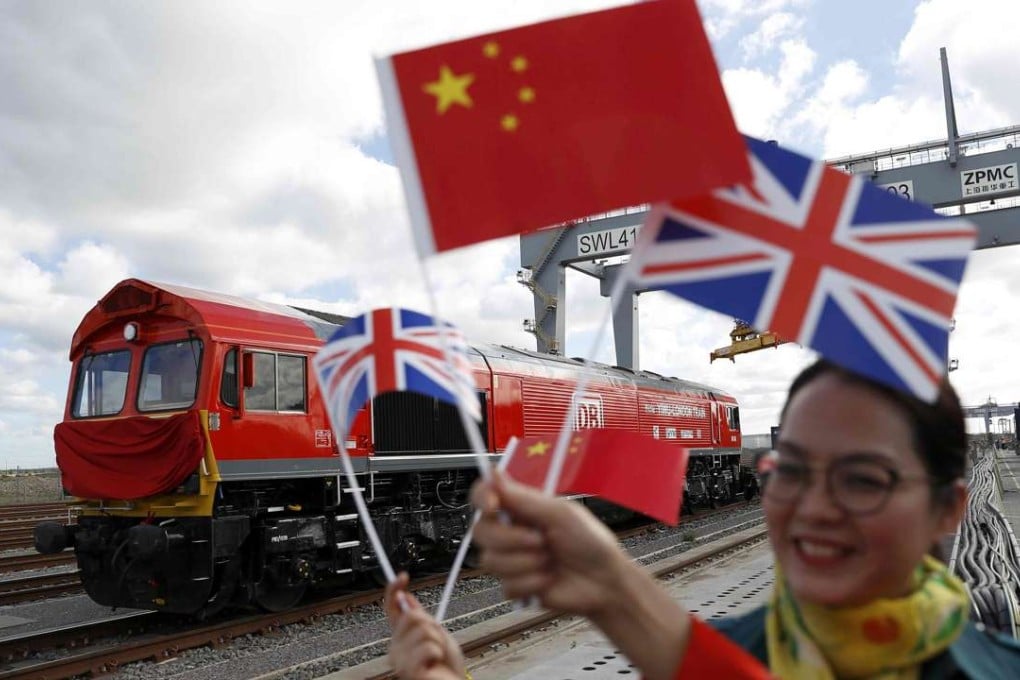China-UK ‘golden era’ may truly dawn if British voters give Theresa May the mandate she seeks
Mark Logan says endorsement for the prime minister’s ‘global Britain’ vision in the June 8 general election would strengthen UK ties with China, now a leading champion of globalisation

The pollsters predict a landslide victory for the Conservative Party in the British general election on June 8. But what would such a win mean for UK-China relations?
The Conservatives have come under attack at home for not bringing immigration numbers down, while simultaneously battling accusations of being anti-immigration in sentiment towards students. Aware of the need to balance domestic and foreign policy, Prime Minister Theresa May should scrap any conflation that suggests studying in the UK equals immigration. This would be a warm signal to China that the UK means both business and friendship – there are over 150,000 Chinese students in the UK.
Britain’s Theresa May lauds ties with China in Lunar New Year video
A free trade agreement between the two countries would help to burnish Britain’s credentials of being a ‘global Britain’
A free trade agreement between the two countries would help to burnish Britain’s credentials of being a “global Britain”.
This also makes sense for China; China and the UK are, respectively, the world’s second- and fifth-largest economies.
If May delivers a landslide victory in June and propels the UK to “go global”, this could very well dovetail with Xi’s ambition to safeguard globalisation. The UK, which has already joined the Asian Infrastructure Investment Bank, can work with China to develop a new “rising/respected powers” model.